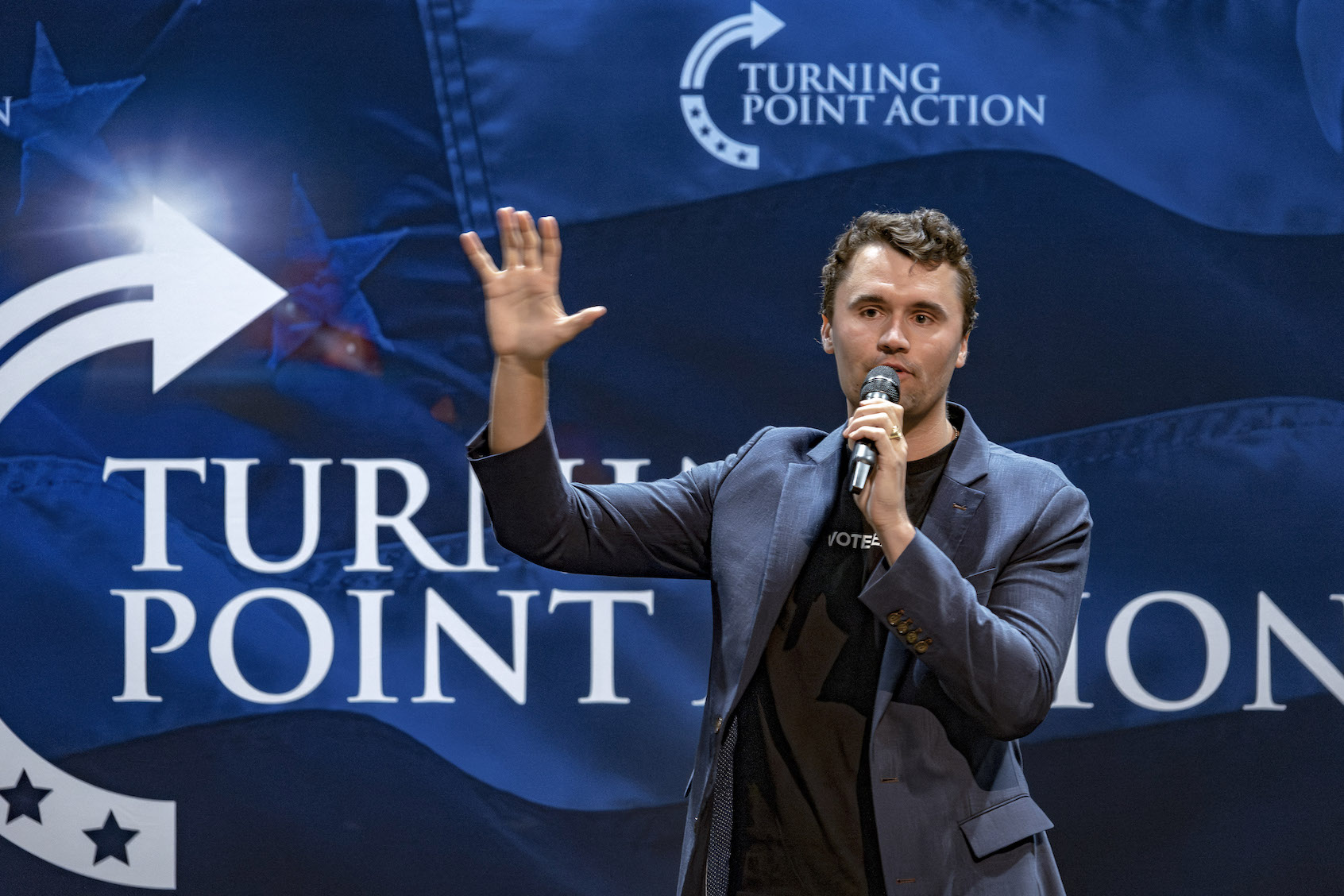The Trump administration has announced plans to investigate various nonprofit organizations following the death of conservative activist Charlie Kirk on September 10, 2025. Kirk, founder of Turning Point USA, was shot and killed during a debate in Utah by Tyler Robinson, a 22-year-old local man. While Robinson was raised in a conservative environment, his shifting political beliefs have raised questions about his motivations, which remain unclear.
Senior officials, including Vice President JD Vance and Deputy Chief of Staff Stephen Miller, have accused certain progressive groups of inciting violence against right-wing figures and have suggested a direct link to Kirk’s death. Miller described these organizations as part of “a vast domestic terror movement,” while Vance indicated that the government would target a network of non-governmental organizations (NGOs) believed to facilitate violent actions.
President Donald Trump has placed blame on what he termed “a radical left group of lunatics,” claiming that they are already under investigation. He has hinted at potential criminal charges under the Racketeer Influenced and Corrupt Organizations Act, commonly known as the RICO statute, which is typically reserved for organized crime cases. However, to this date, the administration has not presented any concrete evidence to substantiate these allegations against the nonprofits.
The administration’s focus has drawn particular attention to high-profile philanthropists and organizations. George Soros‘s Open Society Foundations and the Ford Foundation are among those singled out for allegedly funding groups that contributed to the radicalization of Robinson. Both foundations have publicly denied these claims, with the Ford Foundation joining over 100 other funders in an open letter condemning the attacks from the Trump administration.
Implications for Nonprofit Advocacy and Free Speech
In the backdrop of these allegations, experts are examining the implications for free speech and the operational norms of nonprofits. Beth Gazley, a scholar at Indiana University, emphasized the protections nonprofits enjoy under the First Amendment, which guarantees freedom of speech and assembly. These rights permit nonprofits to engage in public policy advocacy without fear of government reprisal, provided they do not promote violence or criminal activity.
Historically, the Republican Party has attempted to expand the power of the executive branch to deregister charities for partisan reasons. Past efforts have met with resistance, notably attempts to repeal the Johnson Amendment, which restricts 501(c)(3) organizations from participating in political campaigns.
The Trump administration’s actions have raised concerns among nonprofit advocates about the potential for partisan attacks on organizations that engage in advocacy. Critics argue that such actions could undermine the diversity of voices essential for a democratic society.
Challenges in Transparency and Accountability
The question of donor transparency also looms large amid these investigations. U.S. law provides certain protections for donor privacy, complicating efforts to track funding sources for nonprofits. The Supreme Court has upheld that charitable giving is a form of protected speech, which restricts the ability of the government to require full disclosure of donor identities.
Despite this, all nonprofits, with the exception of churches, must file annual financial disclosures, providing some insight into their operational funding. Organizations like the National Council of Nonprofits are closely monitoring the situation, advocating for the rights of both conservative and progressive nonprofits to engage freely in public discourse.
As the investigations unfold, the political landscape for nonprofits may shift significantly, affecting their ability to operate and advocate. The stakes are high for the foundations of democracy, which rely on a marketplace of ideas where all voices can be heard, even those that challenge mainstream opinion.
The ongoing scrutiny of nonprofit organizations and their funding sources reflects broader global trends where governments seek to control civil society. As political observers note, the Trump administration’s approach raises critical questions about the future of nonprofit advocacy and the foundational principles of free speech in the United States.
